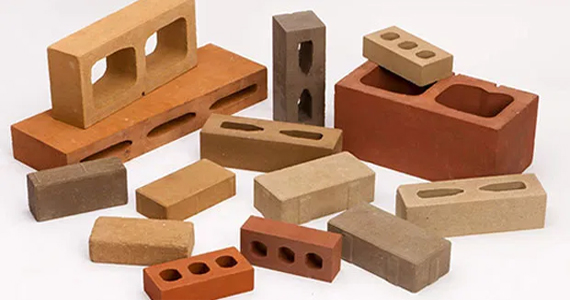
Whether you’re building or remodelling, the choice of facing brick always determines the final look. The right colour, size, and texture of the brick that you choose will give your project the look and feel that you’re after. But it’s the composition of the clay, and the firing process, that determine how a brick looks. We explain 4 types of brick and their firing processes.
As the name suggests, hand-form bricks were once made by hand .Today, the process is carried out by a machine that mimics the traditional hand-forming technique. The machine rolls the clay into a layer of sand, before inserting it into a mould. This creates folds that, after the firing process, give that typical, grained texture that is unique to hand-form bricks. See the video and learn more about the production process for hand-form bricks.
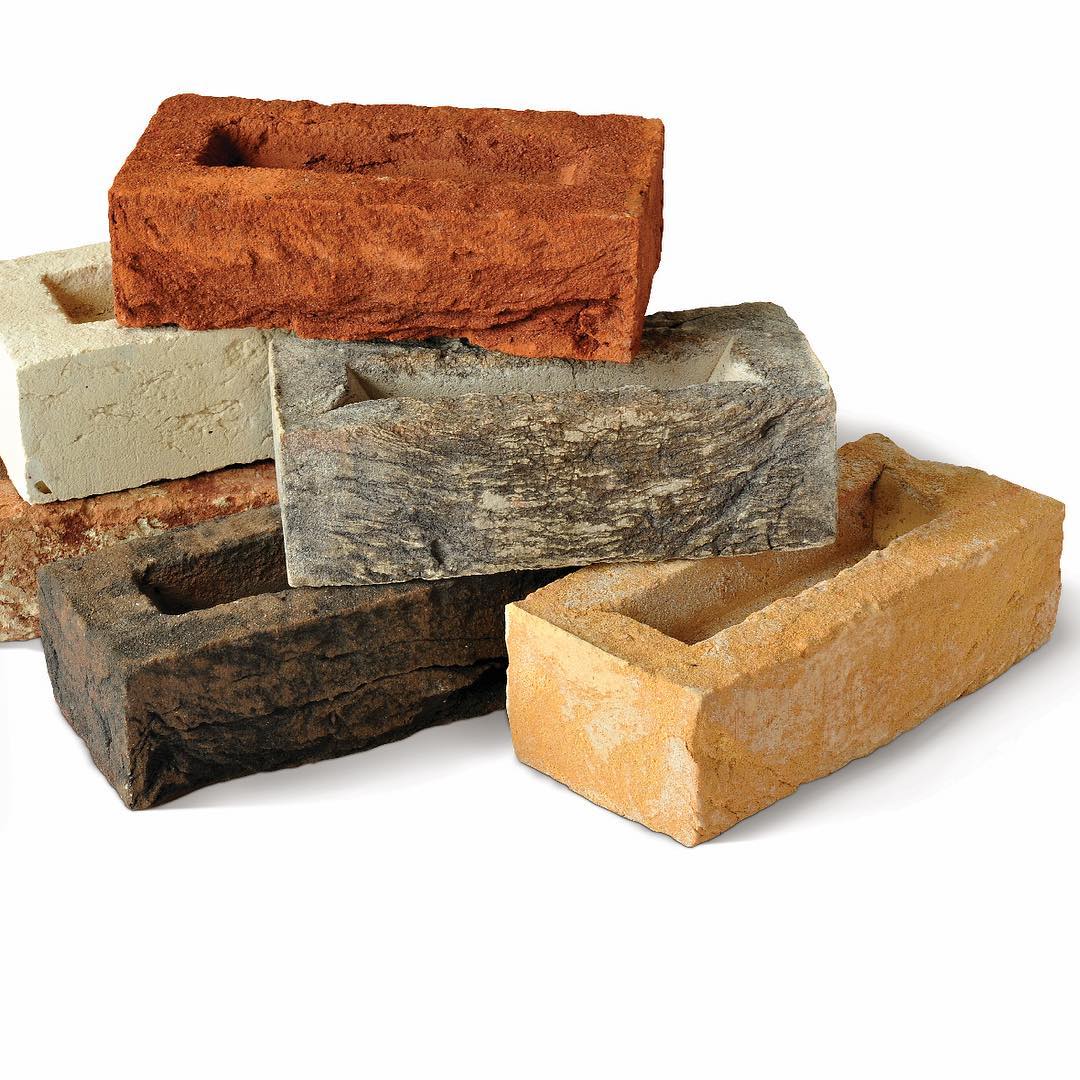
The name of this special moulding technique refers to the use of (atomised) water. The machine immediately wets the clay to give the brick a special, lightly structured texture. The visible surface of a waterstruck brick is not smooth, but has slight texture.
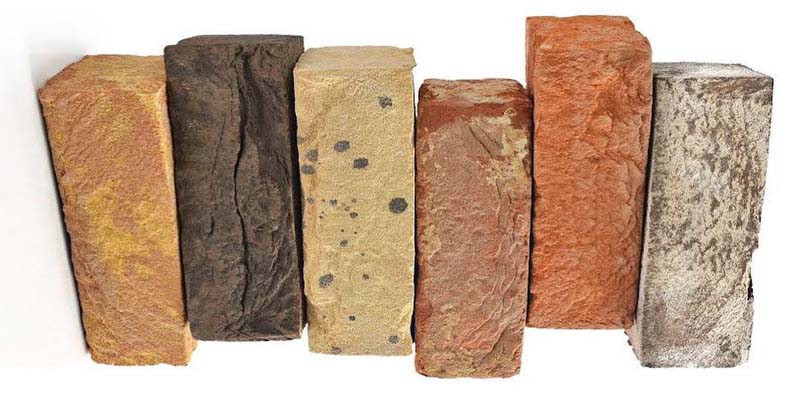
In contrast to the hand-form and waterstruck brick, the wirecut brick is not placed into a mould or compressed. Instead, the machine presses the clay into a long column and cuts it to the size of bricks. The machine can be equipped with different nozzles and cutting benches, allowing the bricks to be cut into different shapes and sizes. A wirecut brick is usually smooth and angular . During the production process, the forms can be worked with a roller to give them a special texture.
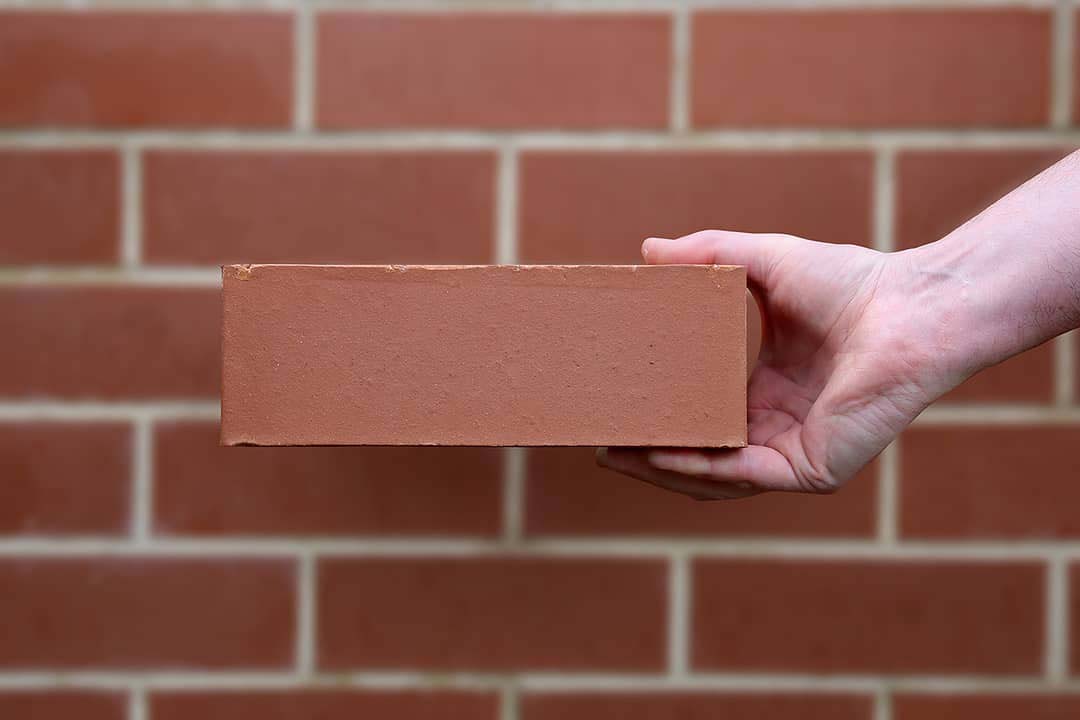
Hollow clay building blocks are made for use as a wall unit. The blocks are made from selected brick clays that are press moulded and burnt. These hard, dense blocks are hollow to reduce shrinkage during firing and reduce their weight and they are grooved to provide a key for plaster.
Clay blocks are comparatively lightweight, do not suffer moisture movement, have good resistance to damage by fire and poor thermal insulating properties. These blocks are mainly used for non-load-bearing partitions in this country. They are extensively used in as infill panel walls to framed buildings where the tradition is to render the external face of buildings on which the blocks provide a substantial mechanical key for rendering and do not suffer moisture movement that would otherwise cause shrinkage cracking.
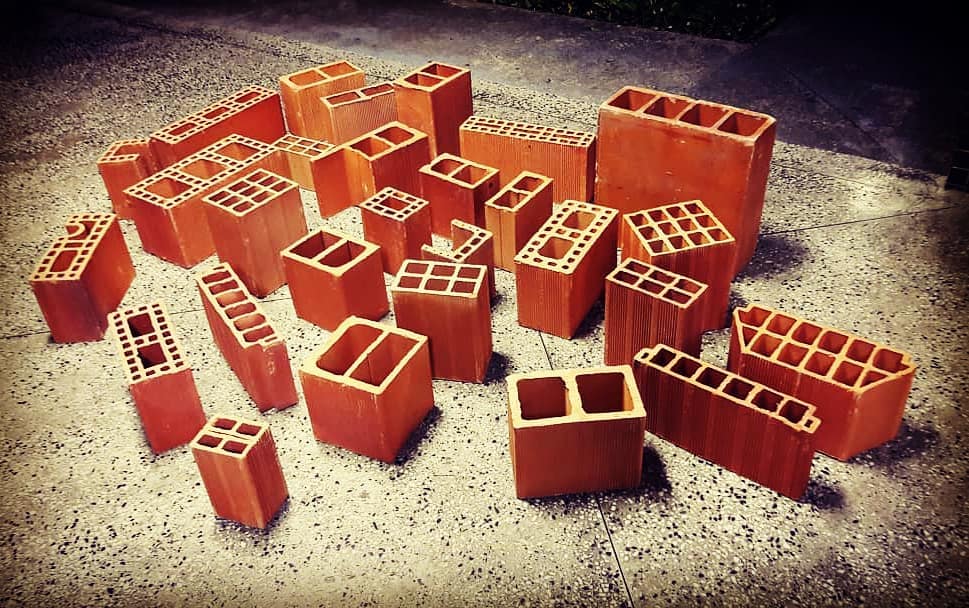
Bhakti Brick Industries is a Indian, Mumbai based brick manufacturer and supplier serving customers in over 30 states throughout India having factory in MAHARASHTRA & GUJRATH
Every company says they offer an unparalleled level of customer service. At Bhakti Brick, we really mean it. Whether you need help finding the perfect brick, having them delivered to your project or stock yard, or even matching existing bricks to a product from one of our distinctive collections, you can feel confident that our team will be with you every step of the way.
Our experienced sales representatives have spent more than 15 years working with homeowners, masons, construction professionals, architects, designers, distributors and dealers alike.